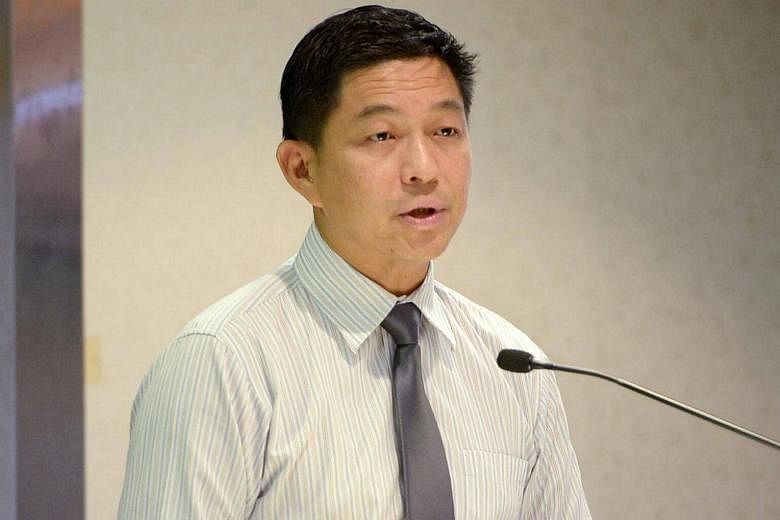Here is an edited excerpt from some of the questions posed to Minister for Social and Family Development Tan Chuan-Jin, and his responses.
Q Among the young poor, some are working yet still need financial aid. Are you looking into extending Workfare (which tops up the income of low-wage workers) to people aged below 35? Why is the cut-off age 35?
A Young people's employability is better, so there isn't a great need to augment that.
We have quite a lot of jobs, so I think people believe they can find jobs, but I'd urge them to try securing a job before quitting. Some young people don't, and they come under some financial duress as a result.
But right now, going by data that we see, there's no need to lower the cut-off age.
Q A recent World Economic Forum report showed that Singapore had the highest level of net income inequality among 30 advanced economies (it scored near the bottom in three areas: access to education and skills; how concentrated wealth is; and social welfare). What are your thoughts?
A There are many surveys out there. This survey was done by business leaders, and I think it was for them to fill up the survey based on what they think. I'm not sure whether the report necessarily reflects what the reality is, and whether the respondents were fully au fait with the help schemes available.
Q On unwed mothers not being eligible to buy subsidised HDB flats: People say it compounds problems as housing affects where kids study. Is there scope to relax this policy? Is the worry that doing so will encourage having kids out of wedlock?
A I agree housing is a fundamental building block... But we need to look at every specific circumstance because some unwed mums can stay with their families. We have supported those who need housing, but there are others who don't quite need it. I've looked at all the cases surfaced and sometimes it isn't always apparent they actually have other housing options too.
The criteria we have today allow for even unmarried individuals to exercise options: If they are above 35, they can buy. So there are no plans to change that policy now because we do believe there's enough space. I know it's challenging, I know some of them do feel the stresses. But the stories aren't always fully complete.
Q As family sizes shrink, are you looking into extending policies to include extended family members as eligible next of kin?
A It is complex because not everyone feels that they should provide for their aunts, for instance. Some would say, "She's not quite my mum or my immediate sibling. Should we be expected to carry that burden?"
But it's something that we would probably have to look at, whether we want to expand the definition of "family" to include relatives.
Q You've said you used to have beer and coffee with the fourth-generation leaders. Is that still ongoing?
A I think it's important for us to build a relationship not just among a few, but the entire team, so I think that's something that we've got to continue to do. And because there's a lot more cross-ministry work together, we're also developing that relationship on that front.


